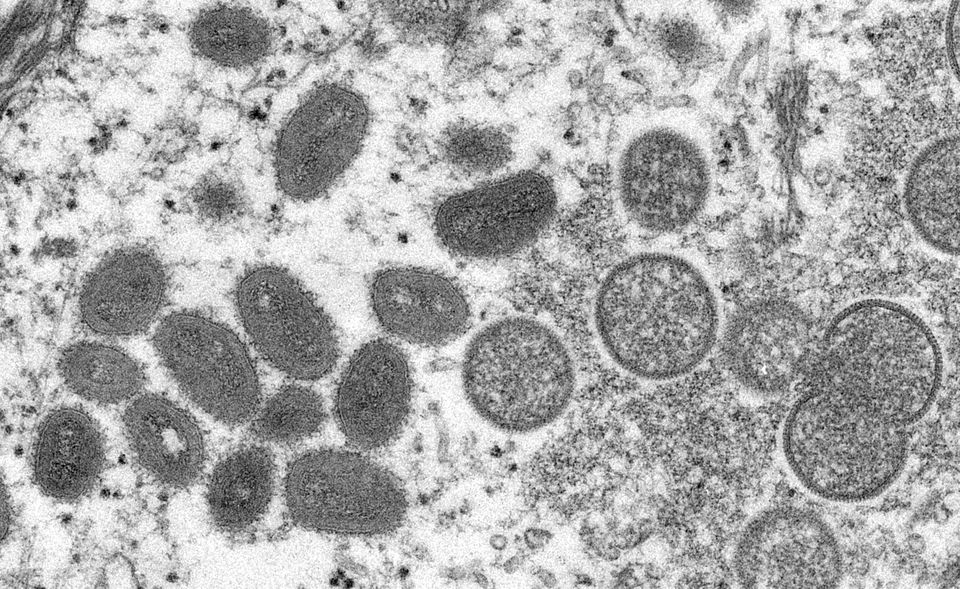The Healthcare Ministry of Azerbaijan reported that no cases of Monkeypox infectious disease has been recorded in the country.
According to the ministry, the recommendations of the World Health Organization are followed to conduct serious epidemiological control against the outbreak of the disease, with no additional measures required for inbound and outbound travels in the country.
Monkeypox is mainly spread by wild animals in parts of west or Central Africa. It's thought to be spread by rodents, such as rats, mice and squirrels.
One can catch monkeypox from an infected animal if he/she is bitten, or it touches his/her blood, body fluids, spots, blisters or scabs.
It may also be possible to catch monkeypox by eating meat from an infected animal that has not been cooked thoroughly, or by touching other products from infected animals (such as animal skin or fur).
Monkeypox can also be spread through touching clothing, bedding or towels used by someone with the monkeypox rash, touching monkeypox skin blisters or scabs, as well as the coughs or sneezes of a person with the rash caused by the virus.
WHO has been receiving reports about the cases of monkeypox since May 13, 2022 from twelve member states that are not endemic for the virus, including Australia, Belgium, Canada, France, Germany, Italy, the Netherlands and others.
As of May 21, WHO confirmed 92 Monkeypox cases worldwide and investigations have been launched into 28 suspected cases.
Belgium introduced a 21-day compulsory quarantine for monkeypox patients on Sunday to contain the spread of the virus. Last week, four cases were reported in the country.
Meanwhile, Chief Medical Adviser at the UK Health Security Agency Susan Hopkins told the BBC on Sunday that more cases of monkeypox have been detected on a daily basis. British Education Secretary Nadhim Zahawi said the government was taking it “very, very seriously.”
Epidemiologist Dr Anne Rimoin at the California-based UCLA School of Public Health said “people should be concerned but not alarmed amid the latest monkeypox outbreak”.
"It's a disease that in general it tends to be mild, in particular this version of it, the west African version, which is what's associated with these outbreaks,” she said, according to 1news.
"But, you know, it is associated with the 1-3% mortality rate and while I think we've all learned from Covid, (it) doesn't just mean that you have sniffles and it's no problem. You can be pretty sick. You can be hospitalized, but generally speaking in high resource settings we've never seen deaths associated," she added.







 Azerbaijan has been recognized as one of the safest countries in the world, ranking 90th among 163 countries on the Global Terrorism Index 2025 (GTI).
Azerbaijan has been recognized as one of the safest countries in the world, ranking 90th among 163 countries on the Global Terrorism Index 2025 (GTI).
 The Azerbaijani Defense Ministry has reported ongoing shelling of its army positions by Armenian forces since last week.
The Azerbaijani Defense Ministry has reported ongoing shelling of its army positions by Armenian forces since last week.
 Iranian Foreign Minister Abbas Araghchi has urged the International Atomic Energy Agency (IAEA) to take a "transparent position" regarding potentia...
Iranian Foreign Minister Abbas Araghchi has urged the International Atomic Energy Agency (IAEA) to take a "transparent position" regarding potentia...



